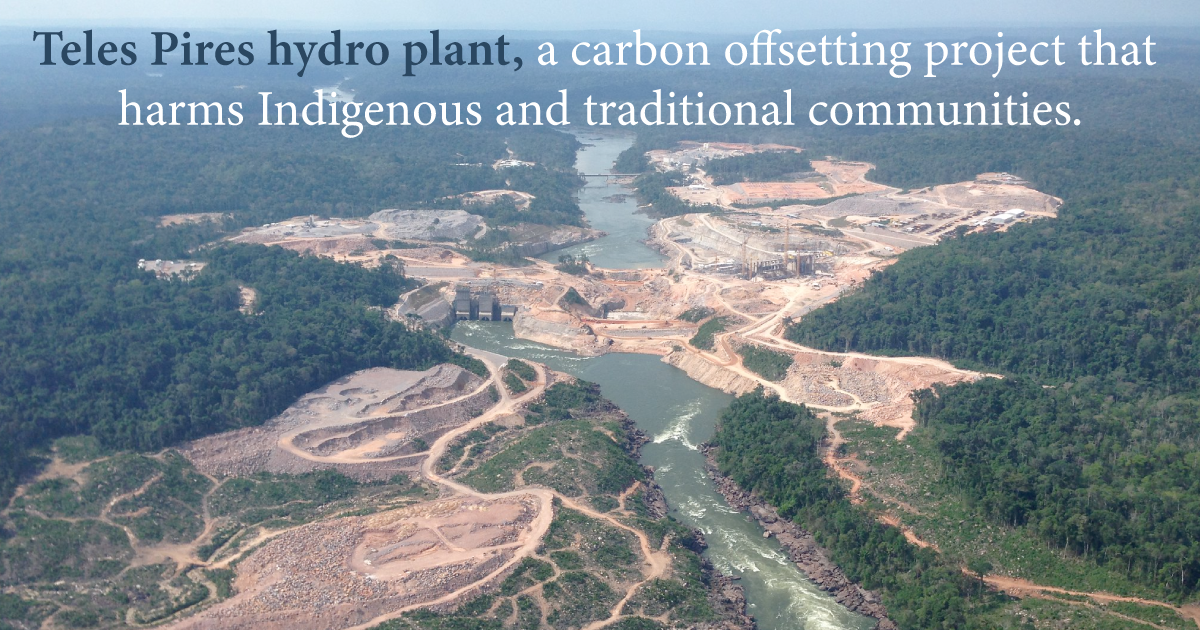
Carbon Markets, Geoengineering and Other False Solutions: What’s at Stake at the Current Climate Talks?
June 05, 2024 | Source: Geoengineering Monitor | by Tamra Gilbertson, Indigenous Environmental Network, and Coraina de la Plaza, Hands Off Mother Earth Alliance
As global temperature records continue to be broken at unprecedented rates, delegates are gathering again in Bonn, Germany, for the 60th sessions of the Subsidiary Bodies of the United Nations Framework Convention on Climate Change (UNFCCC SB60). Over this week and next headline talks will focus on, among other things, climate finance, lessons learned from the first Global Stocktake (GST), agriculture and fleshing out the implementation of Nationally Determined Contributions (NDCs).
However, the often overlooked but crucial negotiations on Article 6 of the Paris Agreement will also be taking place. Negotiators are now racing towards the 29th Conference of the Parties (COP29)—in November this year—as the deadline for concluding key aspects of the talks, in the hope that pilot projects can be launched in 2025. Article 6 largely deals with market-based approaches to mitigating climate change—carbon pricing, carbon trading and carbon offsets—and aims to create a kind of climate stock market which will inevitably allow some companies to continue to pollute whilst others (often the same ones) make money from the sale of carbon credits.
The negotiations on this issue have been particularly challenging, and climate justice movements have continuously raised concerns over the wider human rights implications of the proposals currently on the table. In particular, Articles 6.2 and 6.4 are glaring attempts to continue to legitimise false climate solutions. Rather than reducing emissions at source, carbon offsetting ignores the root causes of climate change and is designed to delay and distract from real climate action, allowing big polluters and governments to continue with business as usual. This shifts the burden of mitigation away from those most responsible for the climate crisis, and constitutes a form of carbon colonialism.
